Dan DiDio has been a major figure at DC Comics for nearly 20 years, rising to co-publisher and the unofficial face of the monthly superhero comics line. Last Friday, however, DiDio’s tenure came to a sudden and surprising end.
Dan DiDio arrived at DC in 2002, having previously worked in television, holding roles in both marketing and story editing in first soap operas and later Saturday morning cartoons. A lifelong comics fan, DiDio first came aboard the publisher as vice president for editorial, next moving up to executive editor, and then co-publisher, which is the position he has held for the past decade.
In that time, Dan DiDio’s hand has guided the line through numerous events, reboots and publishing initiatives. He’s promoted DC’s monthly comics at several conventions each year, excitedly leading panels and doling out hints at what is to come, even at times overstepping marketing plans and revealing spoilers. For better or worse, the past decade and change has been the Dan DiDio era at DC Comics.
Today, members of The Beat’s DC Round-Up team — including Cori McCreery, Kyle Pinion, and Zack Quaintance — are sitting down for a retrospective of Dan DiDio’s time at the company.
Dan DiDio’s time with DC was fraught with controversy, but let’s start by focusing on the good? What’s the thing you appreciate most about his tenure?
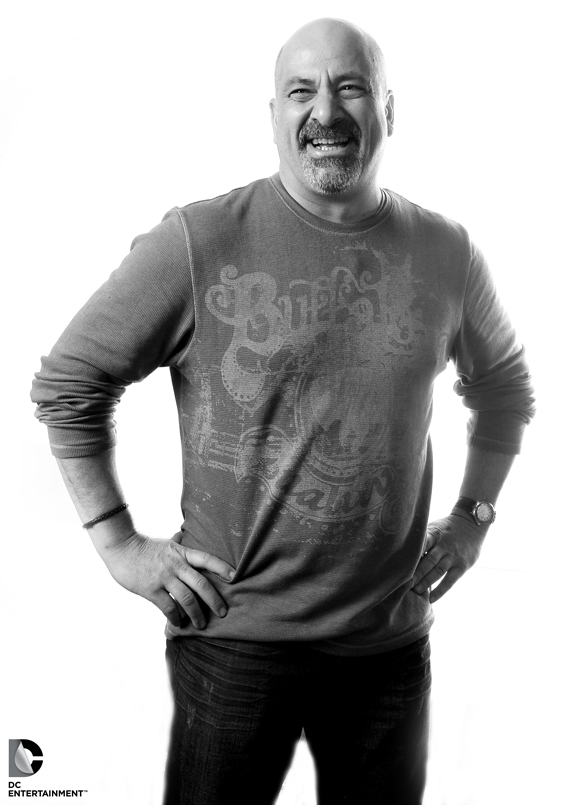
Cori: For me, this answer is relatively simple. Dan DiDio brought back the iteration of Supergirl that was my Supergirl. Shortly after his joining DC editorial, DiDio made a trip to a Six Flags, and was left nonplussed by the complicated origin of the 1990s Matrix/Fallen Angel Supergirl, and declared that they should bring back a Supergirl who was simply Superman’s cousin from Krypton. As much as I disagree with many of the decisions he made or allowed to happen, I appreciate that he returned my favorite character to canon.
Zack: Dan sneakily published some pretty bold comics toward the end there, or at least some really thoughtful stuff that falls a bit outside the usual Big 2 purview. The Mark Russell-penned double-punch of The Flintstones and Exit Stage Left: The Snagglepuss Chronicles readily comes to mind, as does the odder stuff Tom King got to do with Mitch Gerads, books like Sheriff of Babylon and Mister Miracle. All of that hauled in industry awards like crazy, and I don’t think any of it was a no-brainer to greenlight. To a certain extent, it almost feels like the chances they took on those stand-alone books created an aspirational blueprint for what’s going on now with DC Black Label, which is one of the brighter spots for DC Comics looking forward.
Kyle: I think I might be the longest comic reader of us (having started around 1988), and while I think you can probably demarcate between his time in editorial and his days as Co-Publisher, I think I really appreciate the fact that Dan was always willing to take risks. You have to understand, the ’90s era of DC Comics was about as risk averse and conservative as you could imagine, even getting down to the old mandates on Superman titles that no big name writers could ever helm those books (something I still don’t totally grasp the logic of). But with Dan, it always felt like the sky was the limit and he gave some stellar talent lots of room to grow, I’m thinking all the way back to those Mark Chiarello-developed initiatives like Solo and Wednesday Comics, or roping Grant Morrison back into the company and giving way to exciting projects like Seven Soldiers and All-Star Superman. And then as Co-Publisher, I really admired his enthusiasm for trying new things, like this concept of “Pop-Up Imprints” and the original conception of Black Label, DC Ink, DC Zoom, all with an eye towards expanding the readership beyond the pamphlet crowd. I didn’t agree with every decision Dan made, but the guy had a vision, many of them really, and in a medium that’s so easy to just sit back and wait for the Batman money to come in, it’s hard to not appreciate a guy who is willing to “go for it”.
That he was also quite the sin eater for the company like a good boss should be, is worthy of note too. Everybody called for his head for as long as I can remember, and he took it, and played the heel when he knew he needed to.
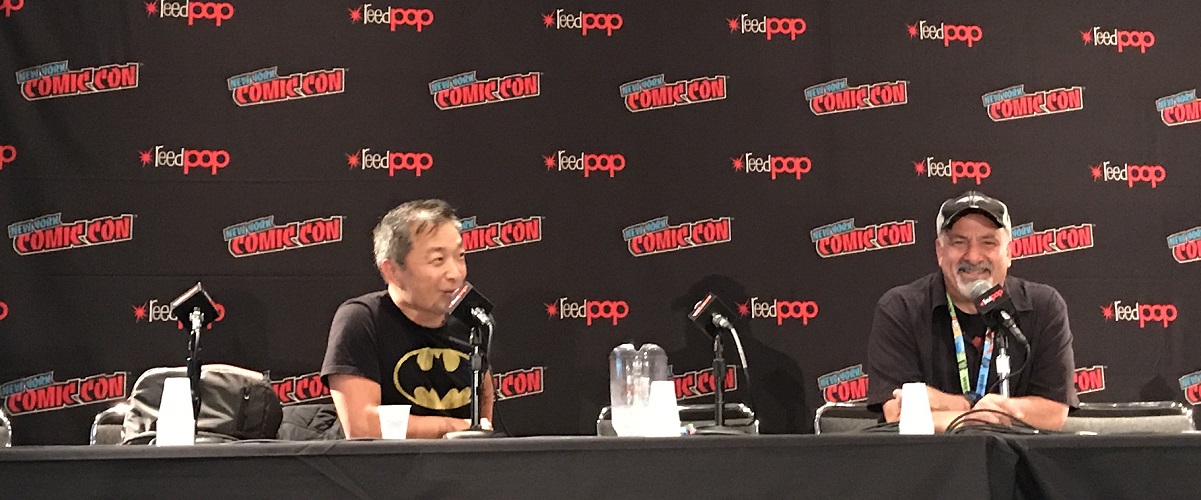
It’s not all roses though, what’s the part of his reign that left you sour?
Cori: If I have to pick a single thing, I’m going to go with the one that honestly had the biggest impact on the future of the company. For all the editorial decisions in continuity that I don’t agree with, my answer doesn’t have a thing to do with fictional characters. No, the thing that makes me angriest looking back at his time in positions of power at DC is the time spent protecting Eddie Berganza after multiple allegations of sexual misconduct arose. In facilitating and even promoting a man like that, Dan DiDio and DC made it clear that they didn’t care about allowing the careers of women to advance.
Zack: It’s the same for me. As Heidi wrote in her piece about the departure earlier this week, under Dan’s watch there was a sustained period with an editor in the office forbidden to work with female employees. That’s very very bad.
Kyle: I think you both bring up the most salient points, the only thing I would add is probably the back-to-back faceplants of The New 52 and Before Watchmen. The New 52, while a great boon to comic retailers at a time when they needed it most, surely did more to turn off long-time fans of properties and the new readers that came on board bounced right off the ’90s-influenced storytelling decisions and instead landed on Marvel’s fresher offerings that came a year later after its launch, and then eventually over the creator renaissance that occurred at Image for a short time. But of course that’s even more minor than the Before Watchmen fiasco, which didn’t just call the publisher’s creative decision-making into question, but raised some pretty pressing ethical quandaries as well. Many very fair questions about creator rights, and the treatment of Alan Moore and Dave Gibbons were raised both externally and even by talent within DC’s employ at the time (see: Chris Roberson). And in the end, the books weren’t even very good. I should know. I read them all. I guess I was part of the problem.
One thing that is fairly synonymous with the Dan DiDio years at DC is the event comic. From Identity Crisis to Doomsday Clock, Dan DiDio oversaw numerous epic events. Which of these do you think worked the best, and which left you disappointed?
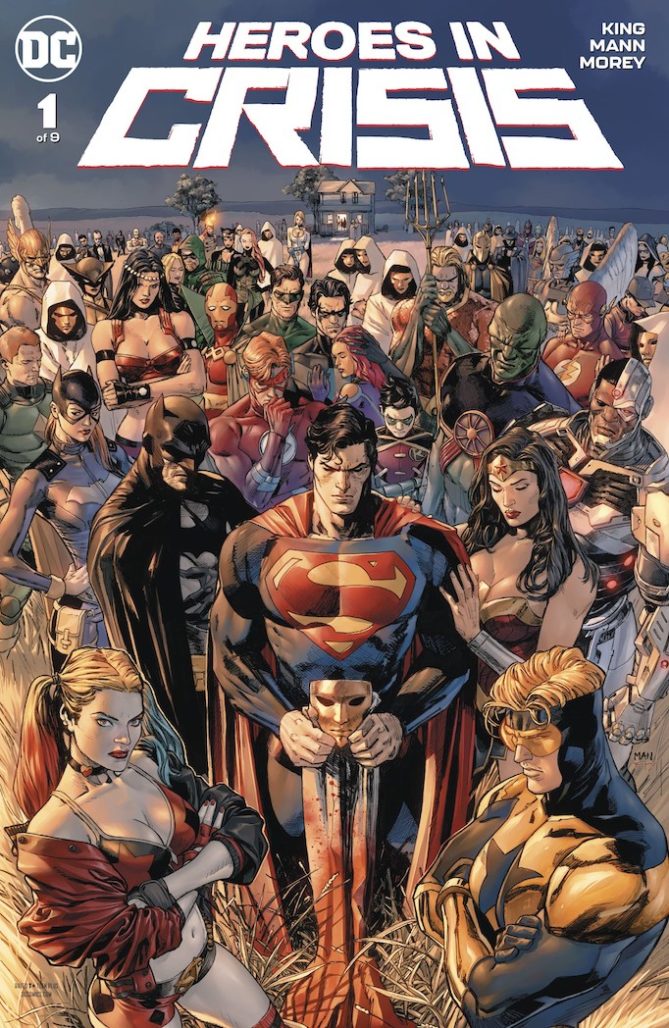
Cori: For me, you don’t get much better than 52. It was grand in scope and story, and managed to pay off fantastically. Between the writers and artists, they caught collaborative lightning in a bottle, and despite trying to repeat it, only nailed the formula the once. On the other end of the spectrum, not a single thing worked right in Heroes in Crisis. The story was contrived, and editorial stink was all over it, especially Dan DiDio’s known disdain for members of the Teen Titans.
Zack: Stop taking all my answers, Cori! I’d have pointed to the same two events — 52 being an all-time favorite and Heroes in Crisis being a bit of a clunker. But I’ve written about the latter. I’ll also go ahead and note that I was about as into Final Crisis at the time it was coming out as anyone has probably been into an event ever, just hanging on every issue.
Kyle: Thinking back, I’m going to agree with Zack that Final Crisis, as challenged as it was, with fill-ins galore, is still the one that offers the most value upon return…really, the cheap answer would be: every event Morrison was involved with (Seven Soldiers, Final Crisis, and The Multiversity). But I also find a lot to enjoy in things like The Sinestro Corps War (those first 25 issues of Geoff Johns’ Green Lantern are prime cape entertainment), and while it’s not really an “event comic” per se, Neil Gaiman’s teaming with JH Williams in his big return to Sandman in The Sandman Overture was a real delight, and one of the few returns to the big seminal evergreens that worked on all facets…other than being really late of course.
As for what events didn’t work? How much time do you have? Honestly Post-New 52 kicking off, I don’t think there was one event comic I liked or that stuck with me. It was just a never ending line-up of bad comics. Remember Forever Evil? How about Future’s End? H’El on Earth? Convergence??? No wonder so many of us were chasing down that Rebirth 80 pager like it was manna from Heaven.
Cori: Hey now, I liked Convergence especially the tie-in two issue series. It gave me a chance to see some of my favorite versions of my favorite characters again (Pre-Crisis Supergirl, Steph Brown Batgirl, etc).
Dan DiDio was also a part of several publishing initiatives, launches and imprints. Which of these do you think was the one that had the most satisfying results?
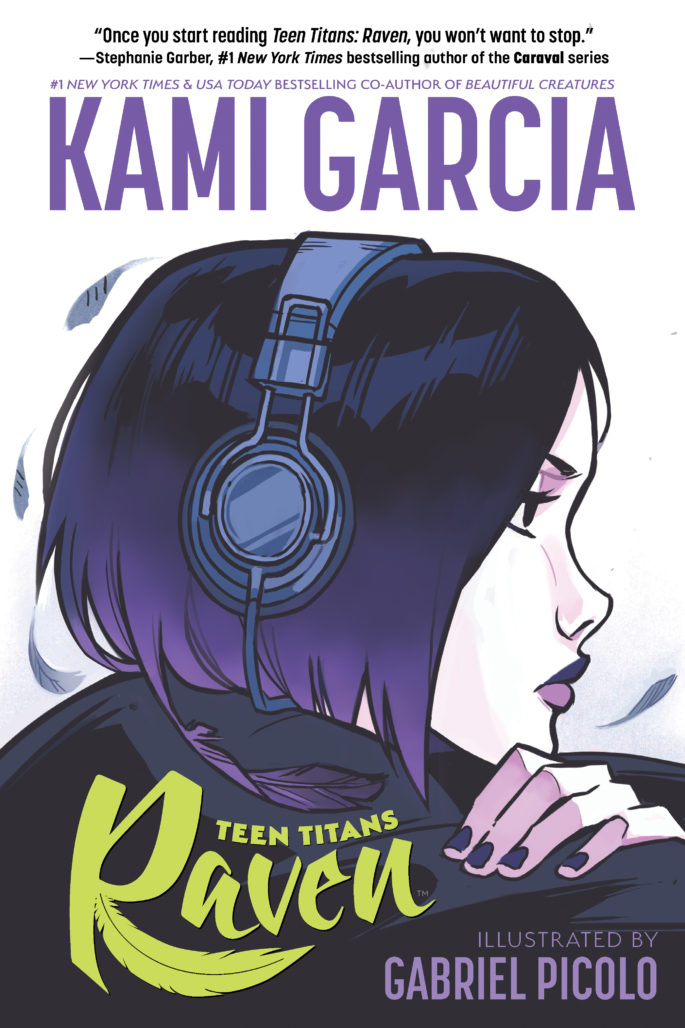
Cori: I honestly think that despite the misfires that have been the names of the lines, DC’s young adult and middle grade lines are the ones that are going to be the most important things to happen under Dan DiDio’s eye. They’re providing a way into comics that DC hasn’t seen since the newsstands dried up in the mid-1990s, and I think the industry as a whole will be better for it.
Kyle: I haven’t read any of the YA stuff, but I’m glad DC is making big strides there and I know Dan DiDio in recent years had been a huge champion of expanding into that marketplace, really ever since DC YOU, but I guess when we say “satisfying results”, we’re talking about as a reading experience rather than what actually took off. The first year of Young Animal was great fun I thought, and really harkened back to the good ol’ days of pre-Vertigo DC. It didn’t sell very well, despite having Gerard Way’s name slathered all over the books, but I’m glad it existed (still exists? Maybe? Kinda quiet on that front these days). Other imprints have followed with lessened impact I think, though probably with greater dividends in the bookstore marketplace, the Gaiman and Joe Hill-led ones particularly.
Zack: Rebirth really worked for me. It brought me back to looking forward to DC Comics on a weekly basis, versus just reading key trades, the Scott Snyder/Greg Capullo Batman, and whatever Geoff Johns was writing, which is where I was at by the end of the New 52/DC You. I also really like some of the creator-fronted imprints you just mentioned, Kyle. The early Young Animal stuff was killer, and Hill House is probably my favorite thing in Big 2 comics right now.
Conversely, which initiative do you think was the biggest misfire of Dan DiDio’s time with the company?
Cori: Hands down the New 52. While trying to be exciting, it forgot everything that made DC Comics great. Gone were the legacy, the mythos, the grandiose sense of wonder. In their place were costumes straight out of 1990s Image, and personalities to match. It took little more than a year for the New 52 to shrink my pull list from 33 DC books a month to zero, and I didn’t come back until Rebirth.
Kyle: Honestly, the shuttering of Vertigo remains the thing I most bemoan, especially since it was basically just replaced with Black Label brand, which has produced some nice books (I’m particularly fond of The Low Low Woods and The Dreaming), but when I think of Vertigo, that history just feels like the backbone of much of my youth reading experiences. Nothing else has really signaled the aging of Gen X, or us Xennials in my case, than the evaporating of that once mighty brand. There’s other things I could point out, like how the All-Star line only really amounted to one great success, and Earth One probably hasn’t produced any? DC YOU was a pretty big flop sales-wise, mostly because it was pitched in the wrong arena. And the less said about Red Circle and First Wave, the better. But being the guy that was running the ship when Vertigo got nuked is probably what I’d have the most trouble with, though I’m sure there lots of reasons there that were far beyond his control
Zack: I don’t really have anything smart to add past what you both have mentioned, so I’ll take it in a weirder direction and say Dan’s ongoing initiative to poke at his open-secret aversion to certain beloved characters (see Dick Grayson, see Wally West). That whole thing got a little tiresome at times. It seemed like he knew that what he was doing or saying was going to rankle some fans, but he couldn’t stop himself, like an older brother tormenting his sibling about something totally innocuous that never fails to make the younger kid cry.
Cori: Oh lord, this. I still remember his absolute gall to compliment my Nightwing tattoo at Emerald City a few years back.
Zack: Classic jerky big brother move.
So we’ve talked about successes and failures, but what’s your verdict on Dan DiDio’s time as an editor and publisher of DC Comics as a whole?
Cori: There was a time in the early 2000s that I found his ideas fresh and exciting, but they soon lost the little luster they had. I think that under his guidance DC books tried to be too edgy for too long, and I feel like he had outlived his role. While he had some great shining moments, recently those have been fewer and farther between, and I think it was the right decision to part ways with him.
Zack: On the whole, I definitely appreciated Dan’s service at the head of the ship. As Kyle noted earlier, he was willing to take risks and try things — often — which is far from a given in superhero comic book makery. Dan also brought big enthusiasm to DC Comics that was evident at every show he attended, giving the superhero line a bombastic and loquacious face that made you feel like no matter what happened at the corporate level, there was at least someone in the building who was advocating (and loudly, at that) for this little hobby that so many of us have been involved with for so long. That was great.
That said, I’m not entirely mourning his departure, although I do hope the actual parting was as amicable as circumstances allowed. But part of me feels that with the monthly superhero line, Dan was trying to catch this elusive high of an absolutely perfect reboot, and that he’d gotten locked in this cycle of repeating his approach, for better or worse. I didn’t fully trust him to build something with 5G that wouldn’t need fixing a few years later like the New 52 or Rebirth. Also, I should note that I’m not reboot or overhaul averse by any means — DC Comics has been doing this longer than I’ve been alive, and I accept these things as part of the fandom — and I even probably like this core 5G idea more than most, but if the execution of it was so fraught that it led to Dan’s ouster, my sense is that the choice to part ways was a correct one.
Kyle: What’s funny is, prior to Dan taking creative lead of the company, I don’t think I ever really paid much attention to the comings and goings of the DC head office. Dan, to me, was the first truly public face of DC Editorial. Perhaps I’m too young to have experienced conversations about Dick Giordano, the stewardship of Jenette Kahn and Paul Levitz, or the great innovations of Karen Berger. But I think Dan coming to the forefront right as online culture was really beginning to proliferate turned him into THE GUY at DC, and like I said before, that made him a prime target for criticism for literally every creative decision at the company. But I don’t think it can be denied that he made DC an exciting place to read comics and I certainly read more DC comics during his tenure than I ever had, basically from the nascent days of JSA and the Dan Abnett and Andy Lanning Legion to when I was buying almost the entire line during the One Year Later event and 52, to Johns’ GL and Morrison’s Batman, to sampling all the New 52, buying quite a bit of Rebirth and now a lot of the creator-specific imprints. To the point, I’ve got a closet full of evidence that highlights my thoughts on Dan DiDio’s DC. He was a hell of a panel moderator too.
Honestly, when I think of Dan DiDio, more than anything, I think of a guy that was really passionate about comics and if you ever had a chance to meet him or see him speak publicly, that excitement about the medium was utterly infectious. The place won’t be the same without him, that’s for sure.


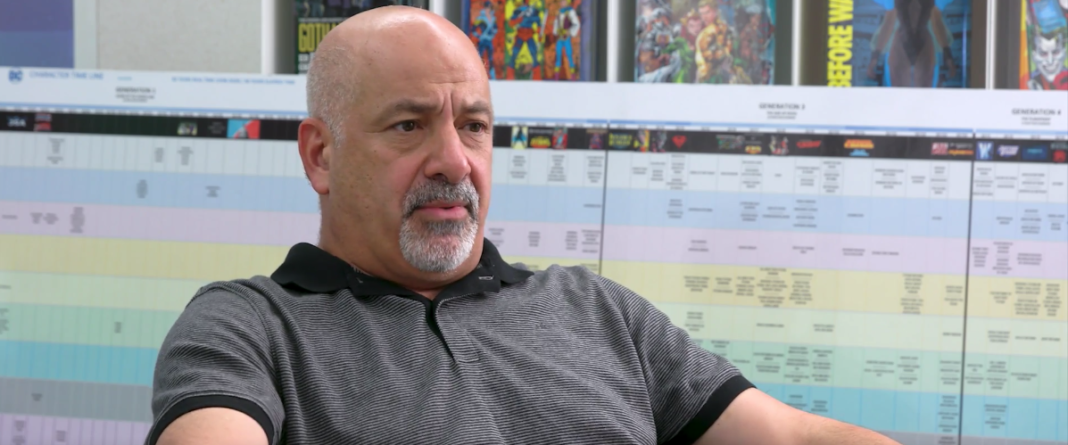
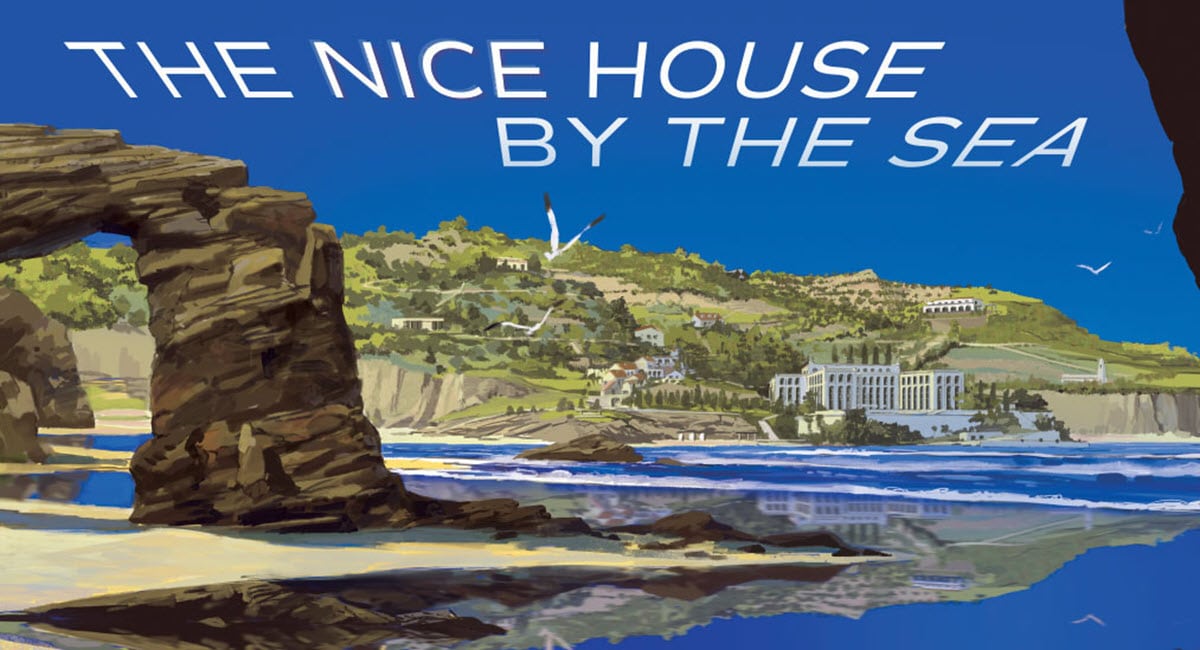

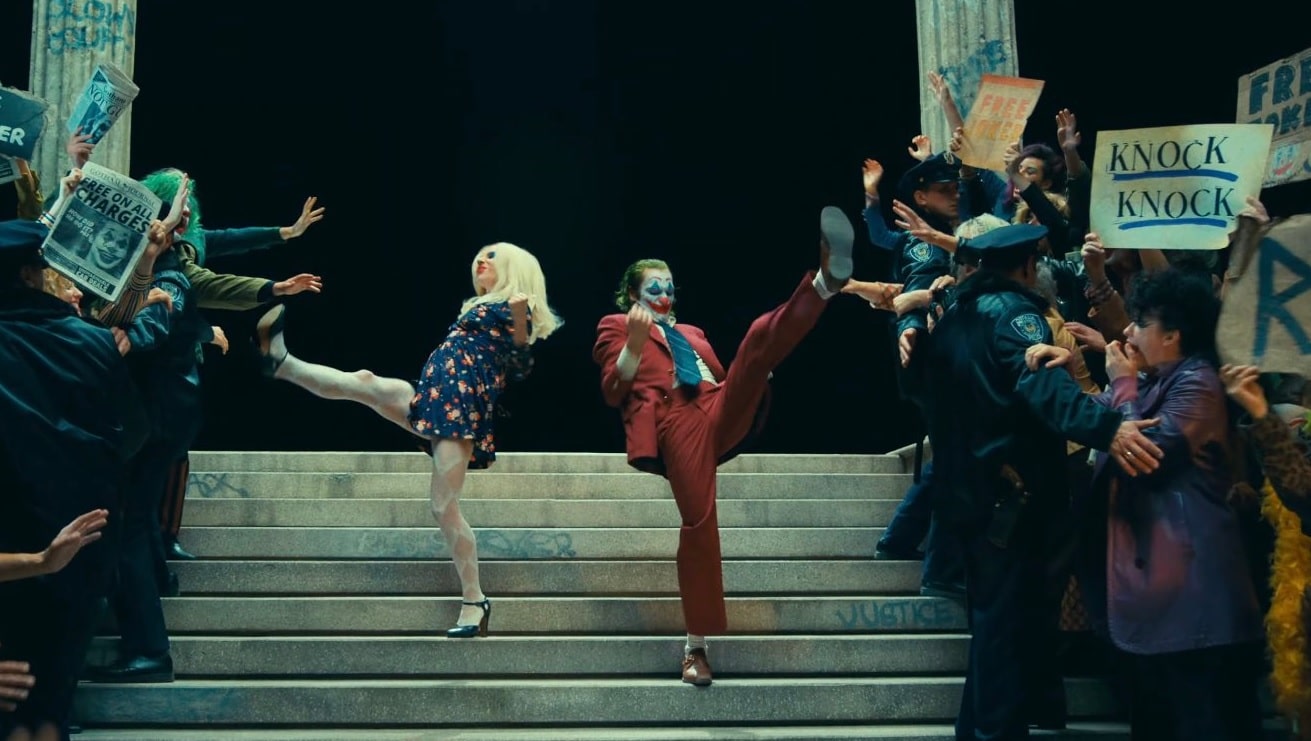
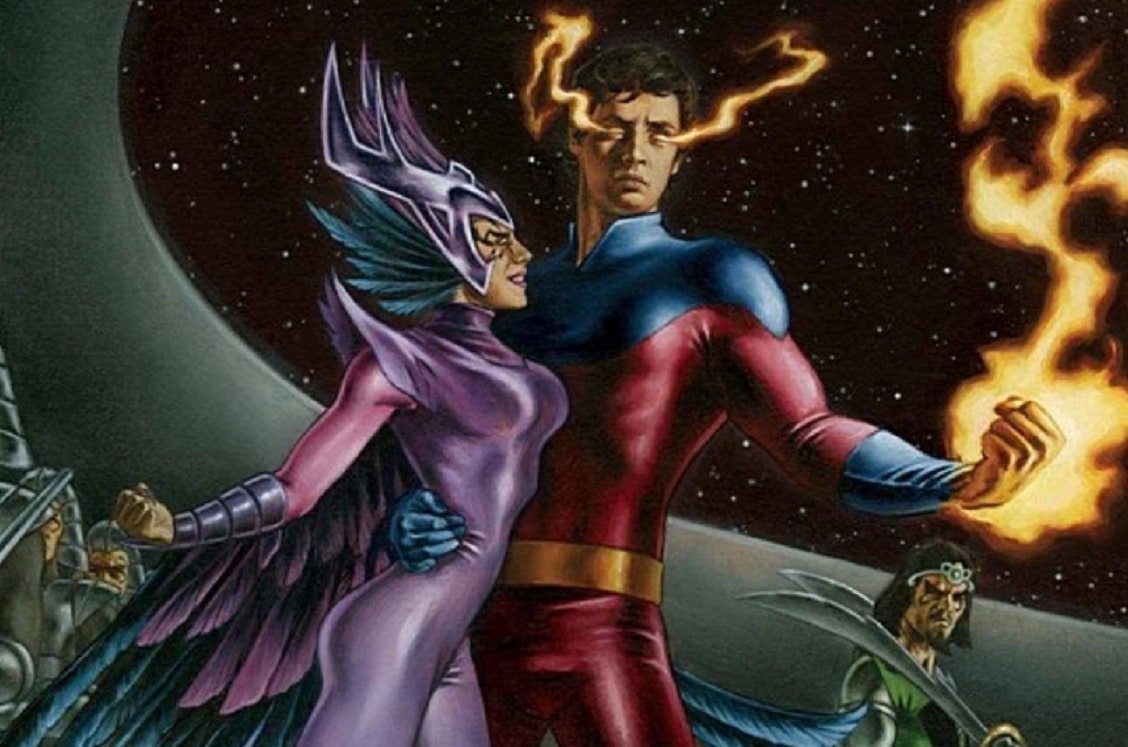
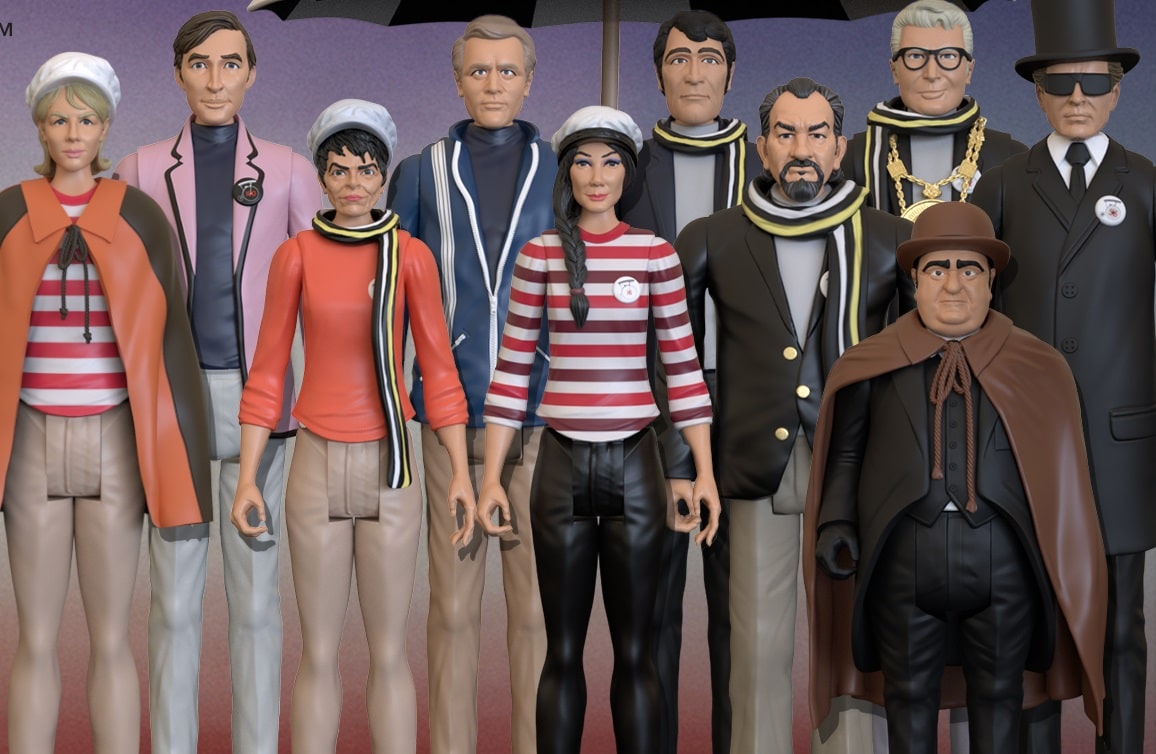

Great takes all around. I’ve left my Good, Bad and Ugly in other places, but that was based on the material. You are absolutely correct there is nothing uglier than a boss harboring a known sexual harasser and then working around it.
A couple other things occurred to me while reading the article (meaning it was thought provoking, so good job!): Death became a very temporary thing under his watch, particularly for his favorites. The morgue was pretty much a recycle center. Barry, Hal and Jason had all been gone a while, but promptly made returns under his direction. Second, and maybe this is a caution for his successor or others in similar positions: The harder and faster you pull the proverbial rubber band for shock and awe purposes, especially in these fictional universes, the more likely it is to snap back – and it might cause collateral damage in doing so, maybe even on Earth-Prime.
Great discussion, and I also loved the Convergence tie-ins. But I was surprised DC You didn’t have fans, with the likes of the Bizarro and Bat-Mite minis, Omega Men, Midnighter, Starfire, Dr Fate and Justice League 3000/3001, Batgirl, Gotham Academy…
He cancelled the Stephanie Brown version of “Batgirl.”
For that alone he should have been fired.
Waitaminute. 90s DC was risk averse?
The DC era where they killed Superman, broke Batman’s back, turned Green Lantern into a villain, made Artemis Wonder Woman, advanced legacy heroes even further, Zero Hour, Vertigo, Milestone, Elseworlds, Morrison JLA, destroying Gotham, red and blue Superman, buying Wildstorm, Kingdom Come, was risk averse?
RIP.
Everyone forgets MINX. DC’s first try in the YA OGN market which I think they never gave a fair shot to. The Plain Janes being one of the MINX books that recently got reprinted.
“No wonder so many of us were chasing down that Rebirth 80 pager like it was manna from Heaven.” Hahaha
I really can’t say what DC was like beyond the late 90s. I didn’t read comics after grade school, and anytime I browsed the trades at a bookstore, I thought the new art was off-putting. I still loved the DC characters and watched various shows and movies with the characters. The New 52 brought me in at a coworker’s recommendation. What I know now about pre-Flashpoint years, the New 52 was probably necessary. No one talks too well about stories in the early 2000s. The surge in interest should have been better directed, the characters should have been better handled, the continuity maintained more tightly, and the creators treated more fairly. But the New 52 kick started DC, Marvel, Image, and the whole industry dead from 90s excesses. Rebirth should have been the event to direct all the new readers back toward this concept of restored continuity that’s now being teased by Generations.
Failing to keep up with the times and being “edgy” instead of “fresh” are what sunk Didio’s position.
I’ve got to agree with Nick, in that whatever the New 52’s problems were — and there were many — the previous couple of years for DC had been a dark, depressing slog. I mean… Wonder Dog mauled Wendy and killed and ate Marvin over in Teen Titans. What the actual hell. (Of course, those years were also under Didio’s watch.) At least the New 52 attempted to move in some new directions, even if they didn’t quite get off the ground.
I think creatively, the Didio era has its ups and downs, and he rarely gets credit for the ups, while the downs pile up on him. (Kyle calling him a sin eater is a great observation.)
But as a boss, that Berganza situation is hard to stomach. I can’t imagine why he, or anyone, would let him remain employed under any circumstance.
I also mourn the shuttering of Vertigo. It was a refuge for those of us who no longer cared about the DC superhero universe but still wanted to read good comics.
Vertigo published its share of self-important dreck (it promoted the idea that anything written by a U.K. native is brilliant) but most of its output was first-rate.
I also applaud DC under DiDio for trying to keep most of its graphic novels and trades in print, while Marvel has let most of theirs go out of print. I recently had to buy Miller’s Elektra: Assassin miniseries (1986-87) in pamphlet form, at $5 per issue, because the trade collection is out of print.
Comments are closed.